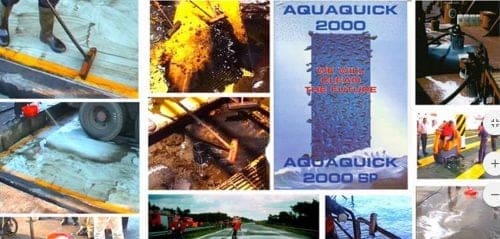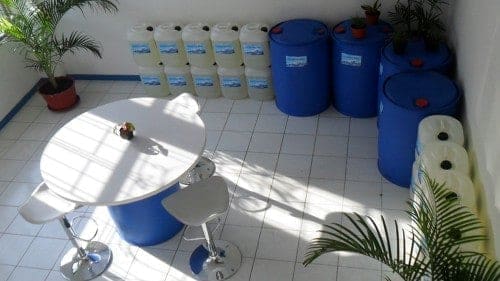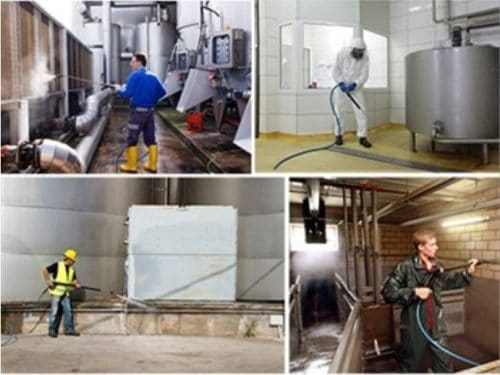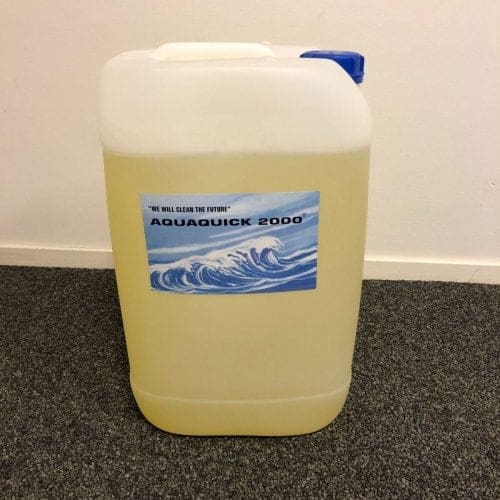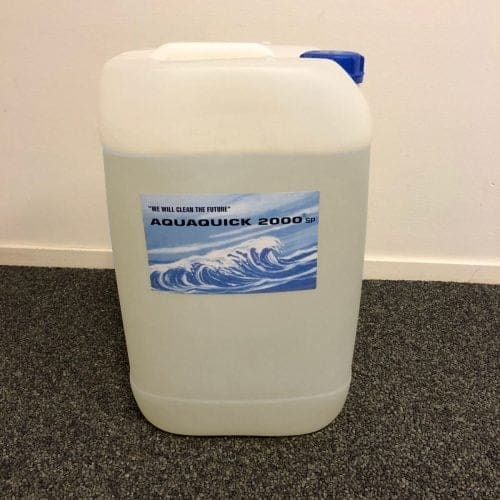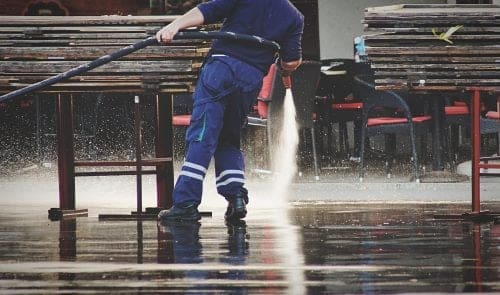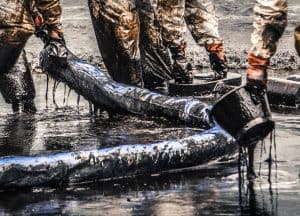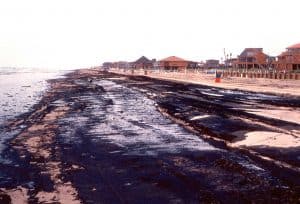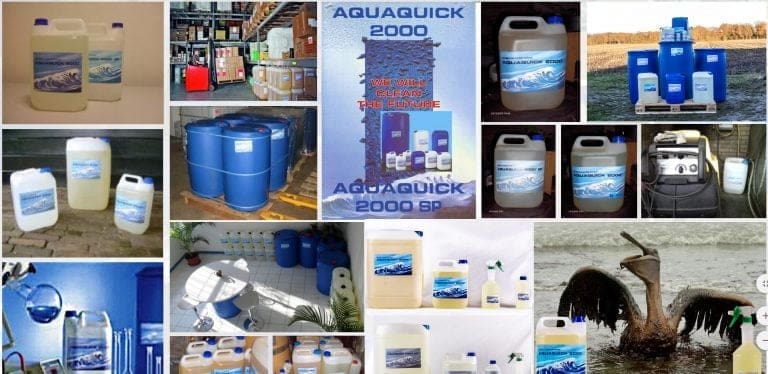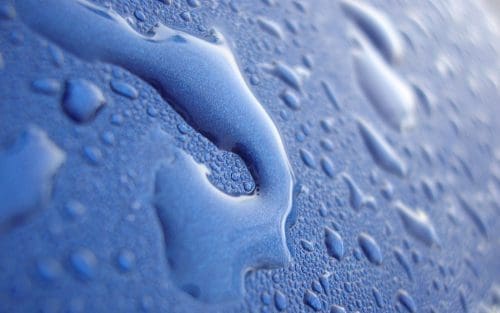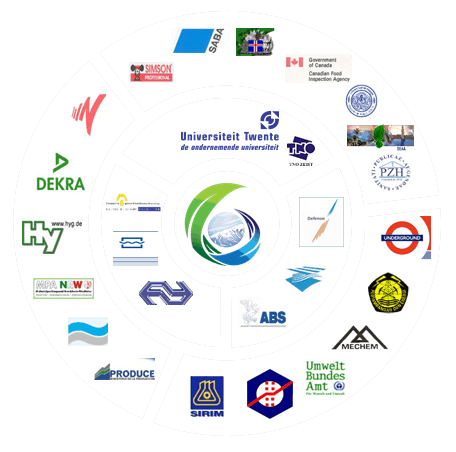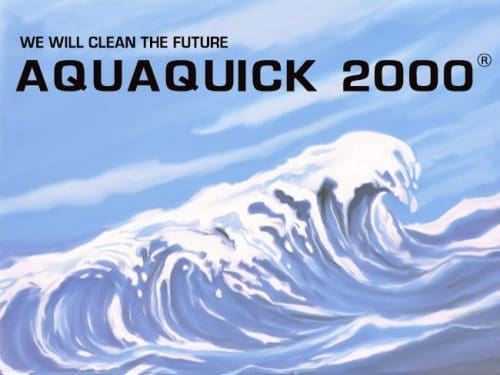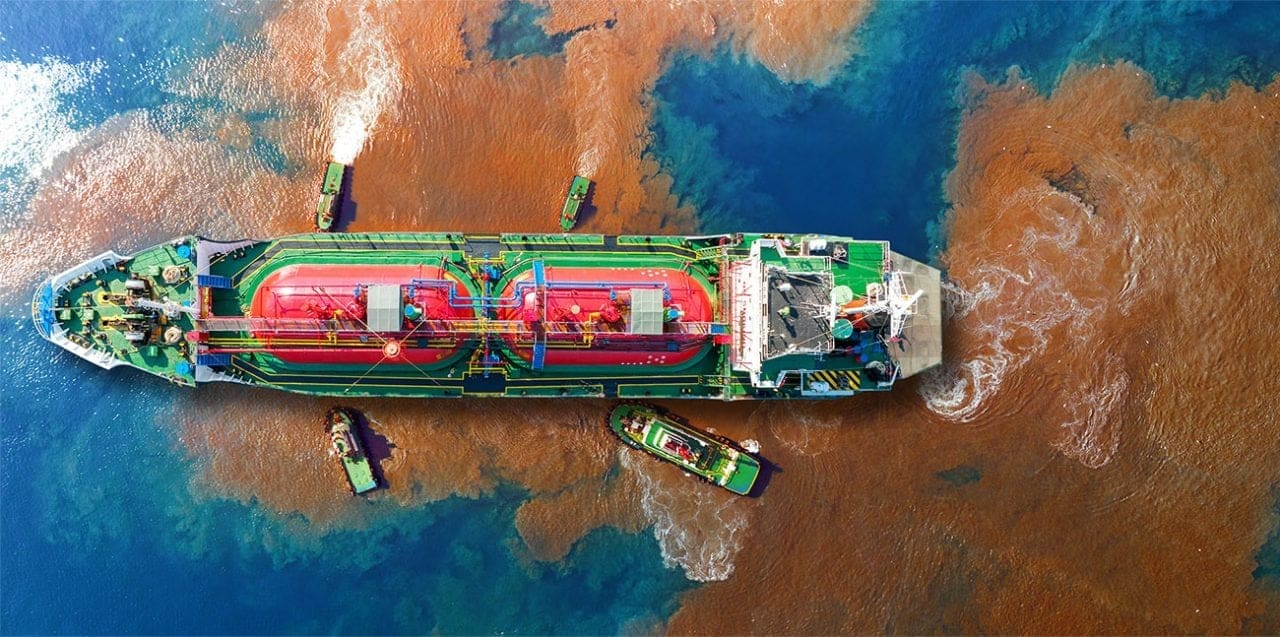In the face of escalating environmental concerns, particularly those affecting our oceans, the need for effective solutions to tackle sea spills is more urgent than ever. Enter AQUAQUICK 2000 – a game-changing product in the realm of marine safety and environmental conservation. This revolutionary solution is at the forefront of combating sea spills, offering an efficient and eco-friendly approach to managing the daunting challenge of oil spills.
The Growing Challenge of Sea Spills
A sea spill is like a leak in a water pipe. Just as a pipe leak can release water into an unintended area, a sea spill releases harmful substances into the ocean. Both situations require immediate attention and careful cleanup to prevent further damage.
Sea spills, particularly oil spills, are among the most catastrophic environmental disasters, posing severe threats to marine ecosystems. The repercussions of such spills are far-reaching, affecting marine life, coastlines, and local economies heavily reliant on fishing and tourism. Traditional methods of addressing these spills often involve chemical dispersants or physical barriers, which can have their own environmental impacts and limitations.
Sea spills, especially oil spills, are devastating environmental incidents that present significant risks to marine ecosystems, coastlines, and economies dependent on fishing and tourism. AQUAQUICK 2000 is a groundbreaking solution that addresses this pressing issue by providing an efficient and ecologically sound approach to combating sea spills. Unlike conventional methods that rely on chemical dispersants or physical barriers, AQUAQUICK 2000 offers a revolutionary alternative with minimal environmental impact and maximum effectiveness. With its unique formulation, AQUAQUICK 2000 improves oil cleanup processes, making it a vital tool in the battle against sea spills.
The AQUAQUICK 2000 Solution
AQUAQUICK 2000 distinguishes itself by being an innovative and eco-friendly solution to the global sea spill issue. It’s a biodegradable product, designed to break down oil effectively, without causing harm to marine life or the environment. Unlike traditional methods, AQUAQUICK 2000 tackles oil spills by emulsifying the oil, turning it into a substance that is easier to manage and remove.
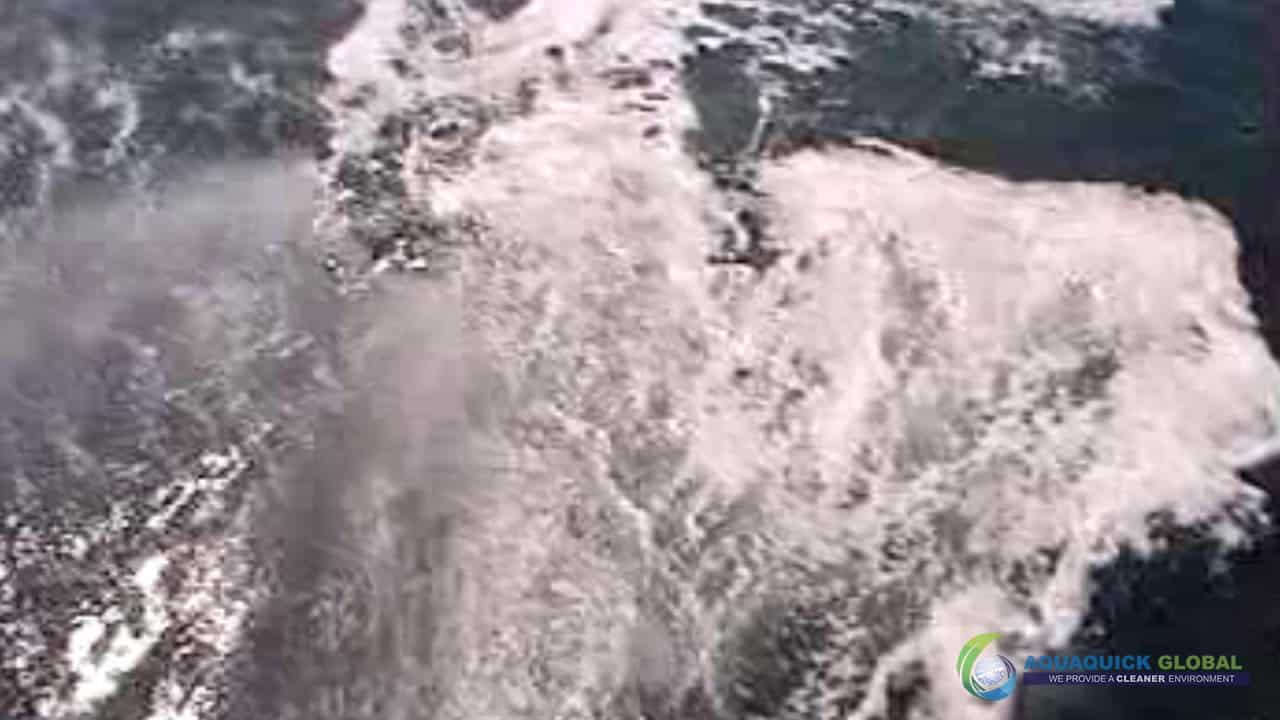
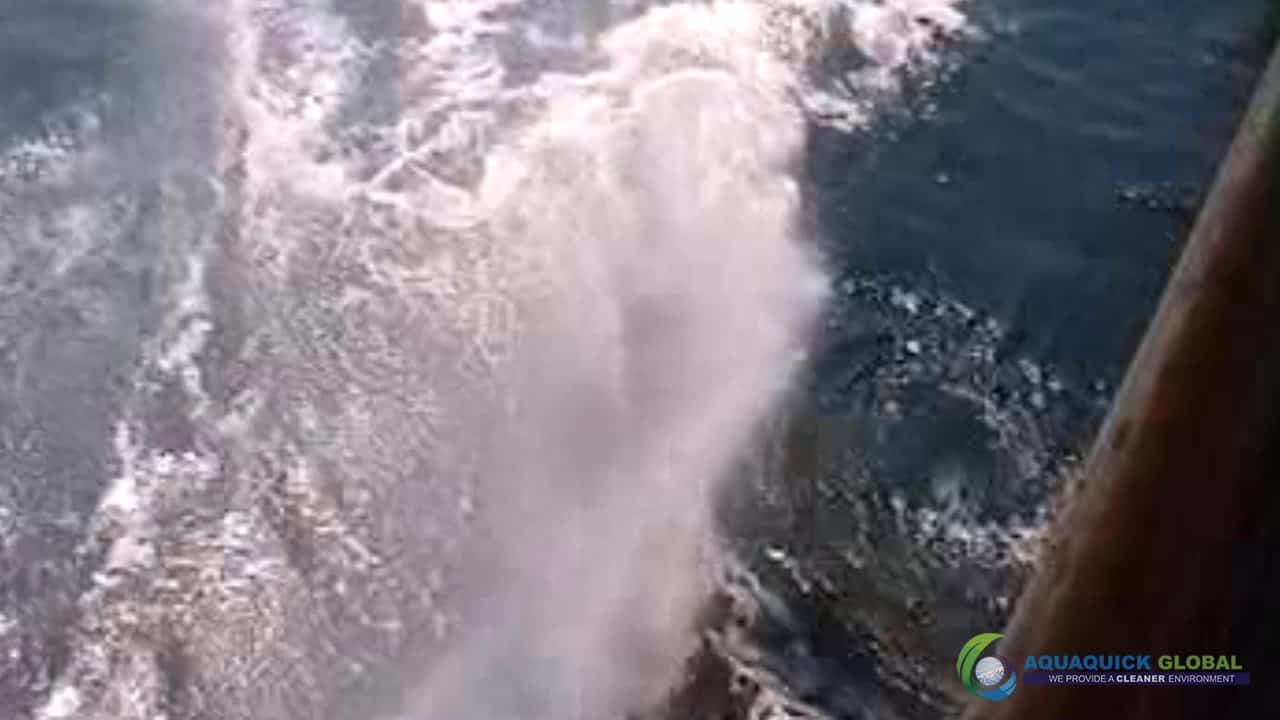
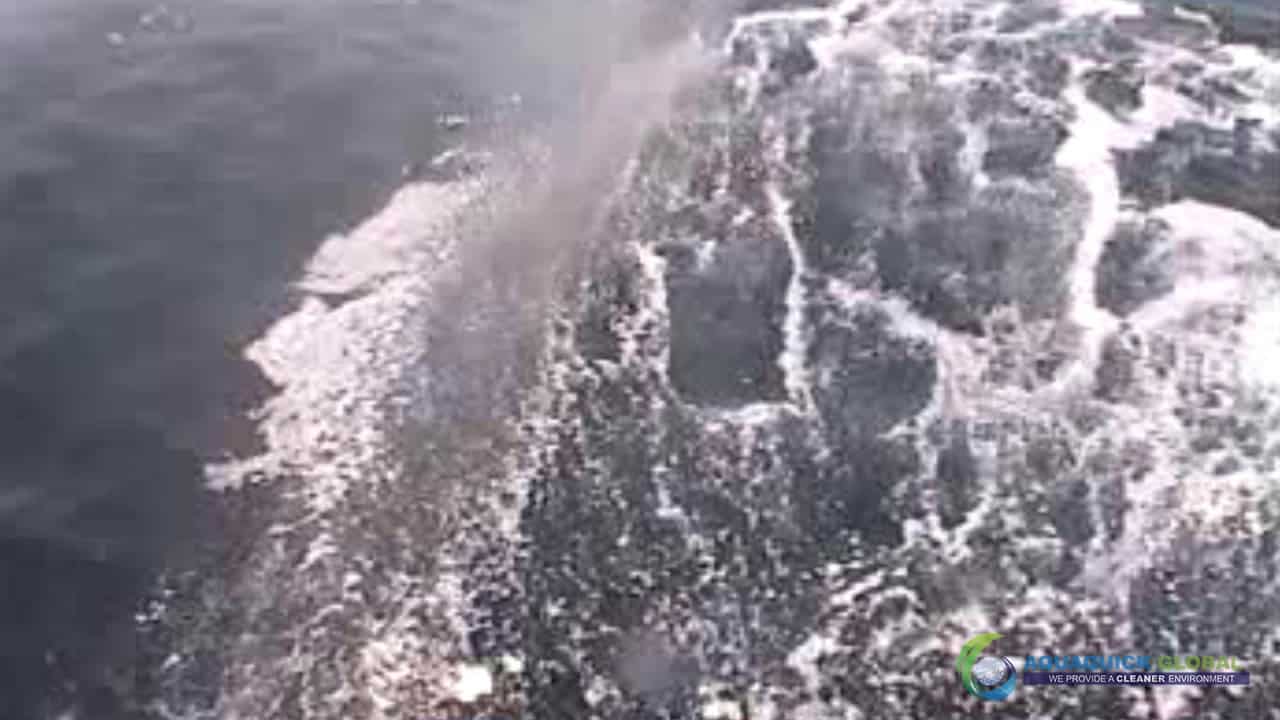

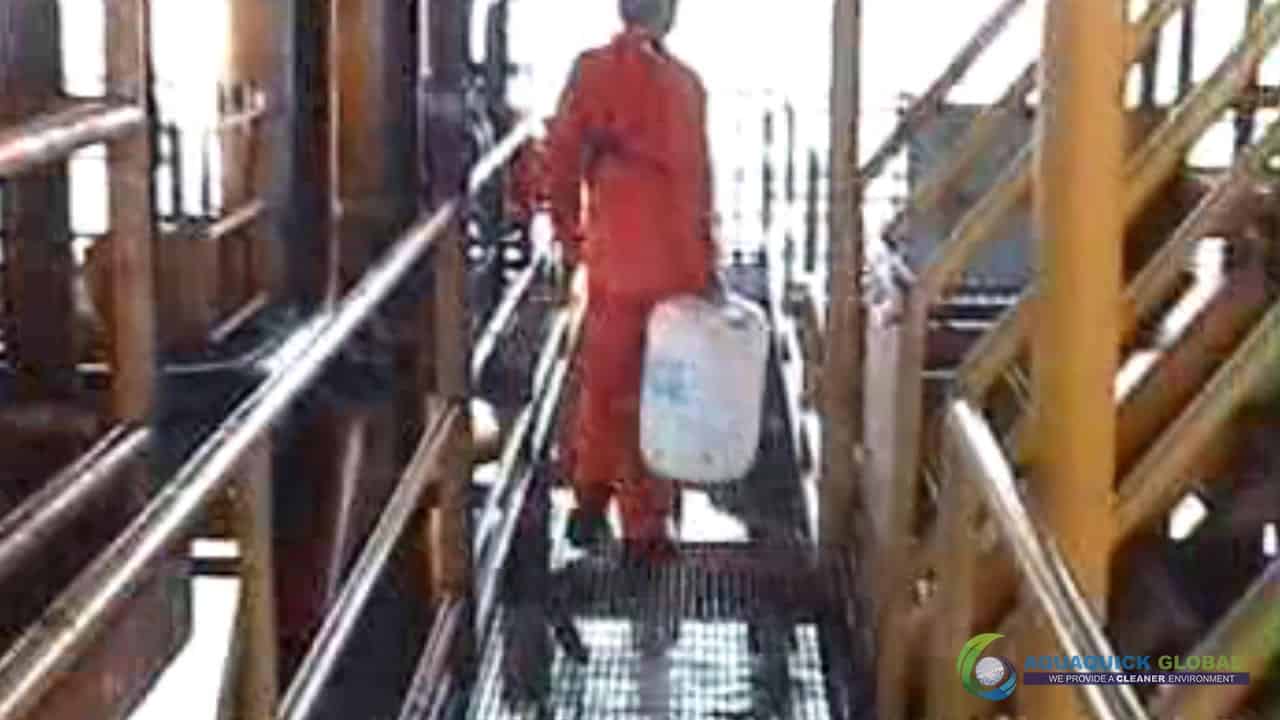
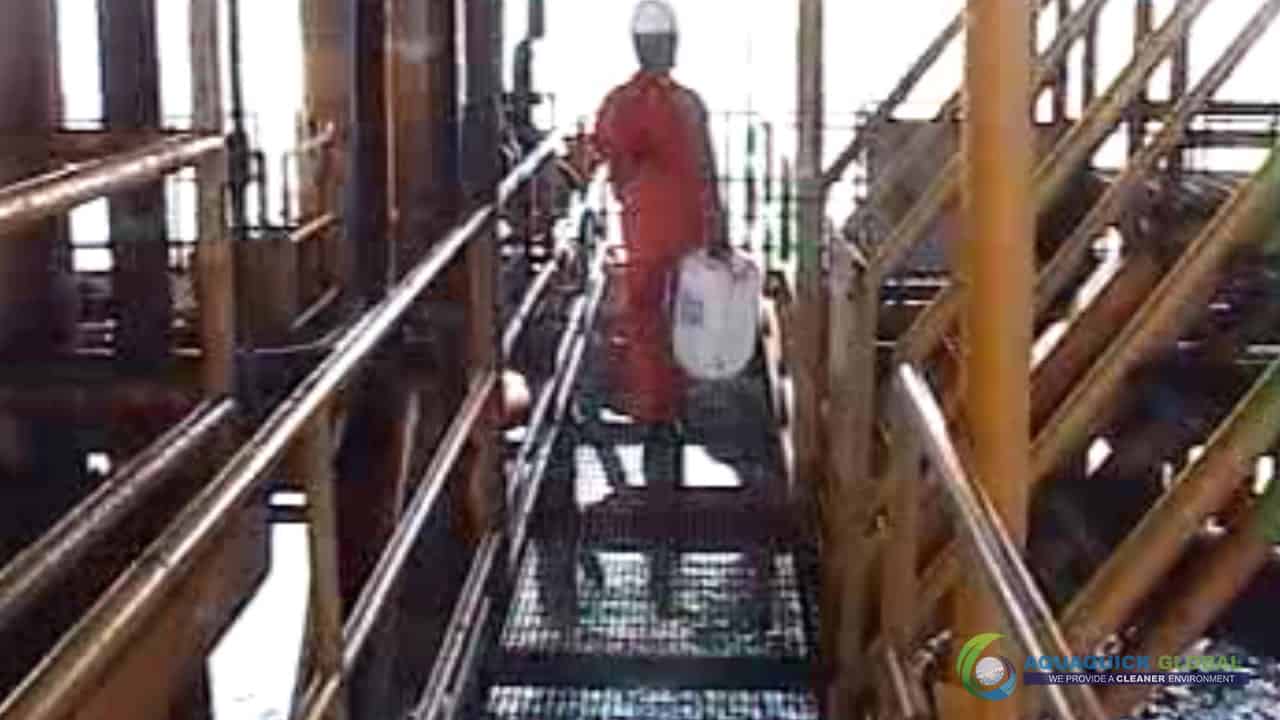
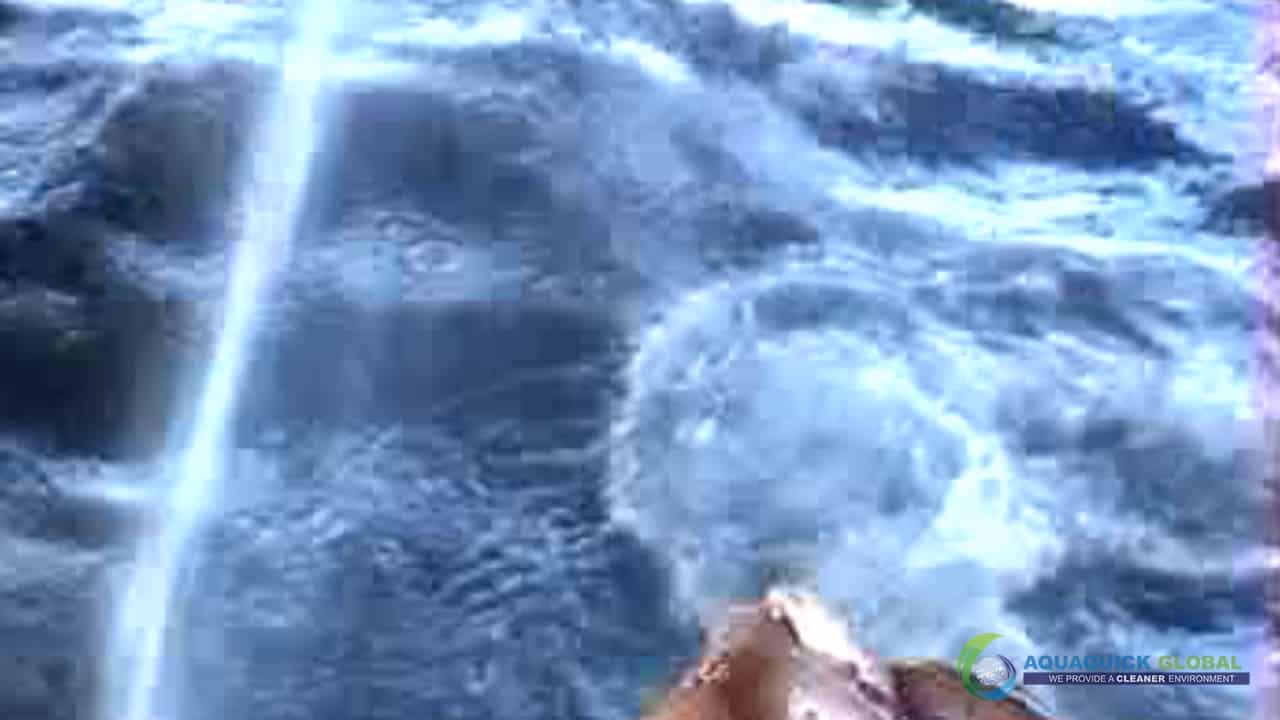
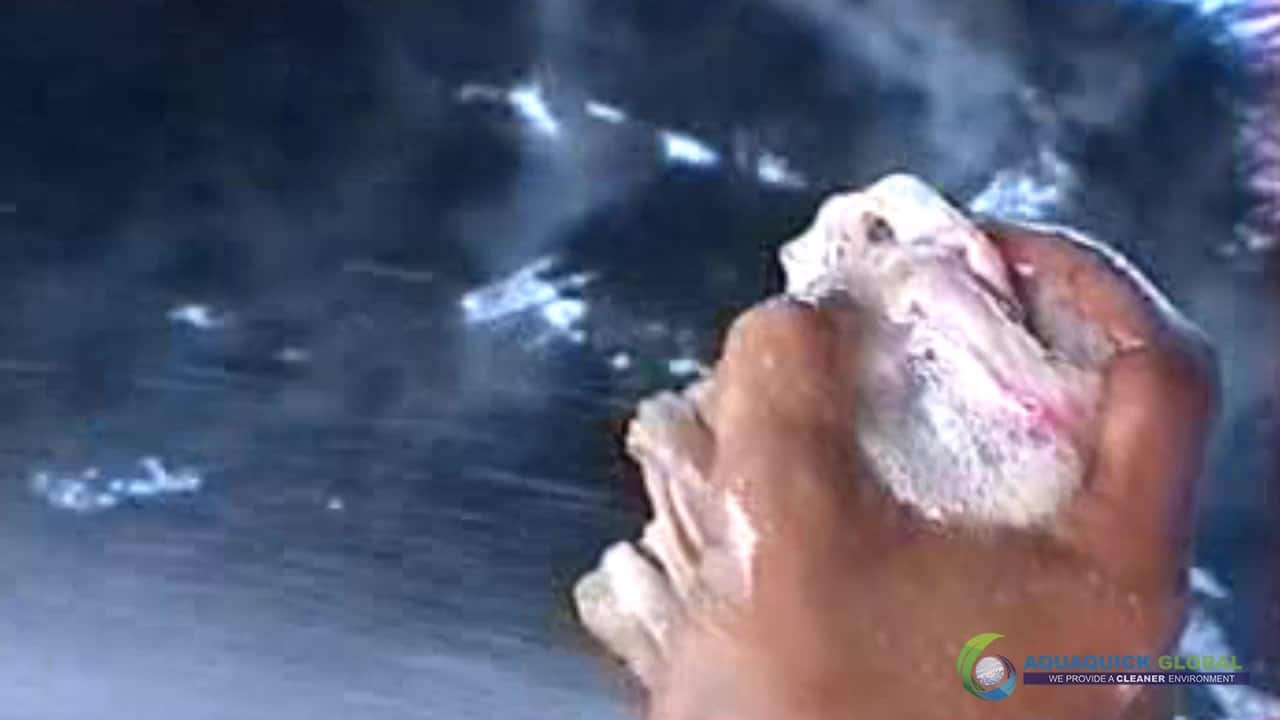
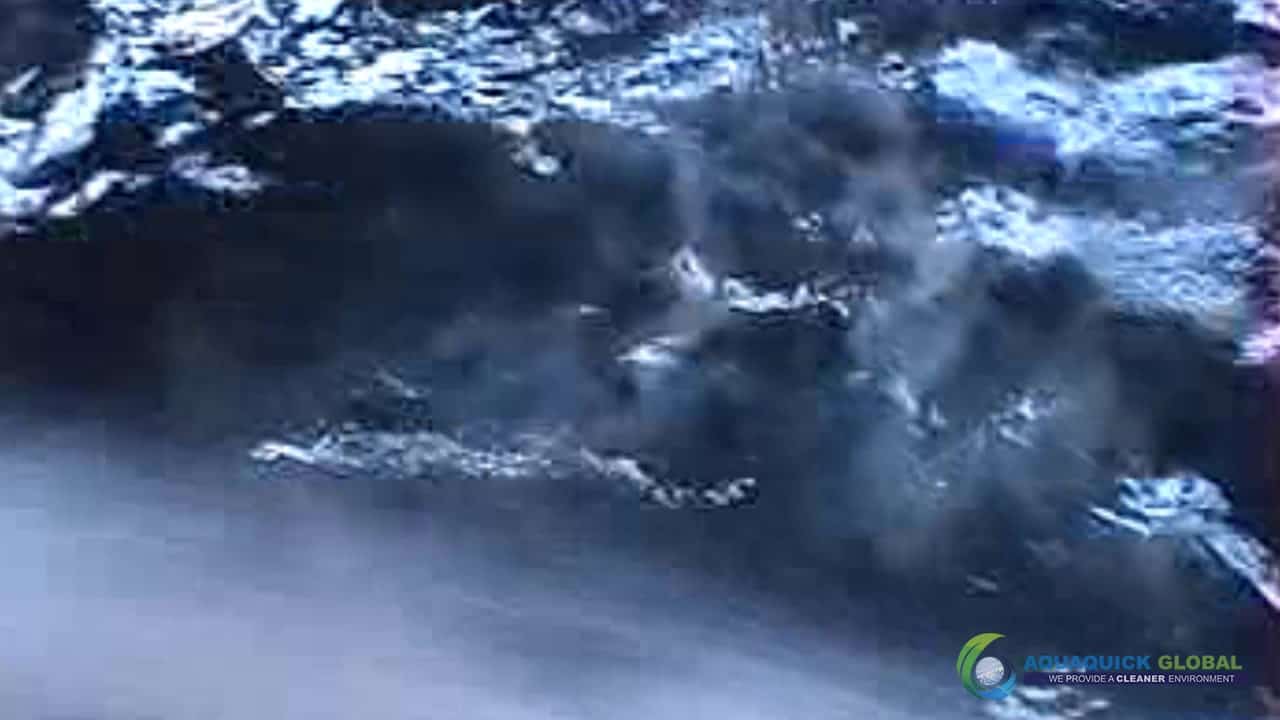
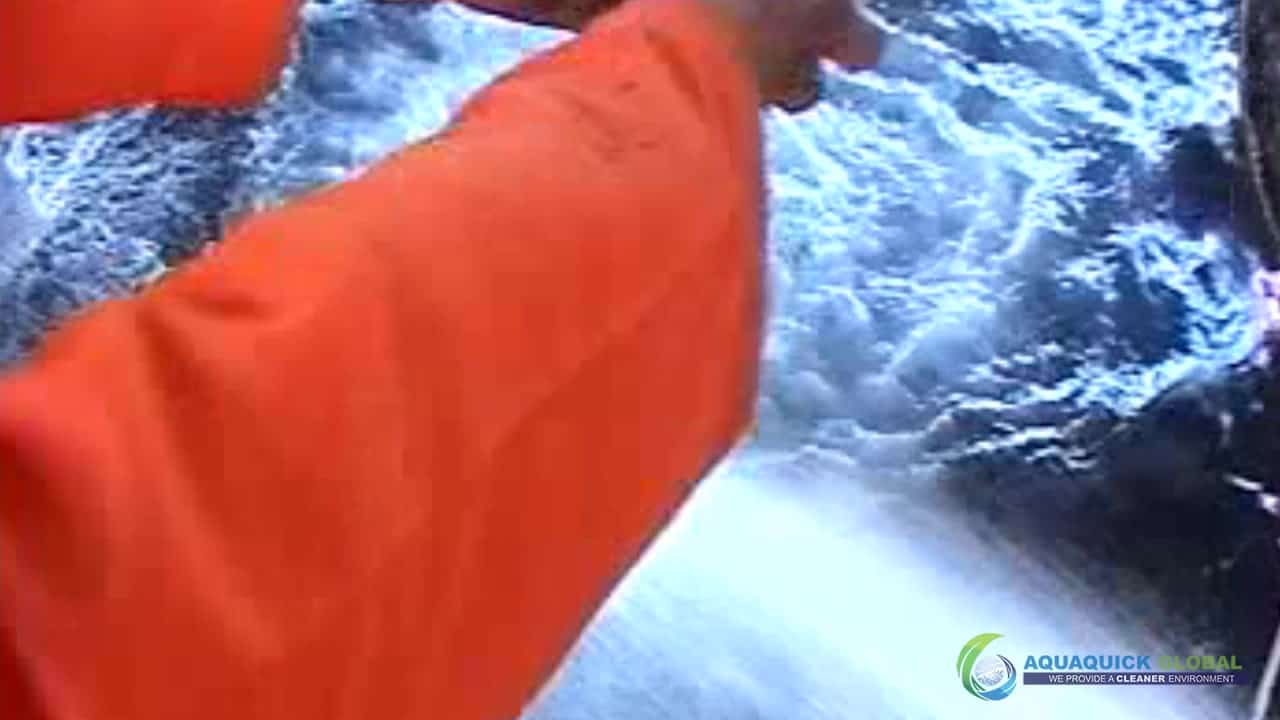
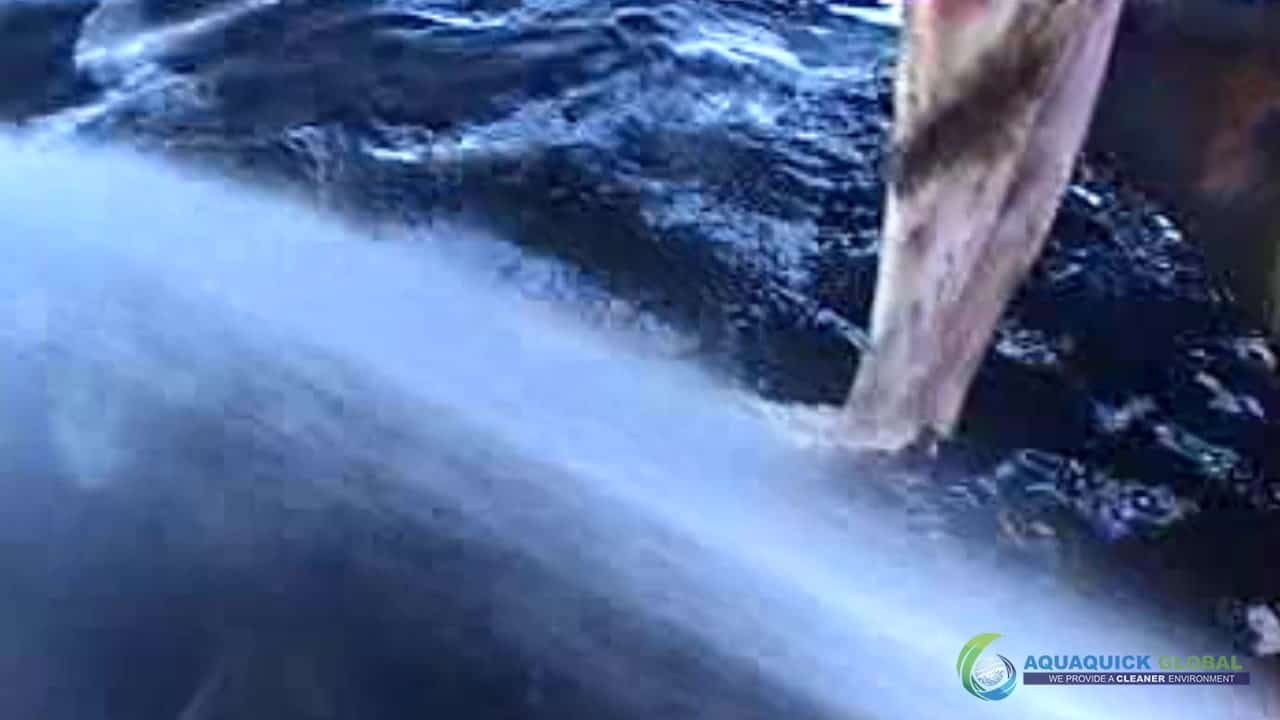

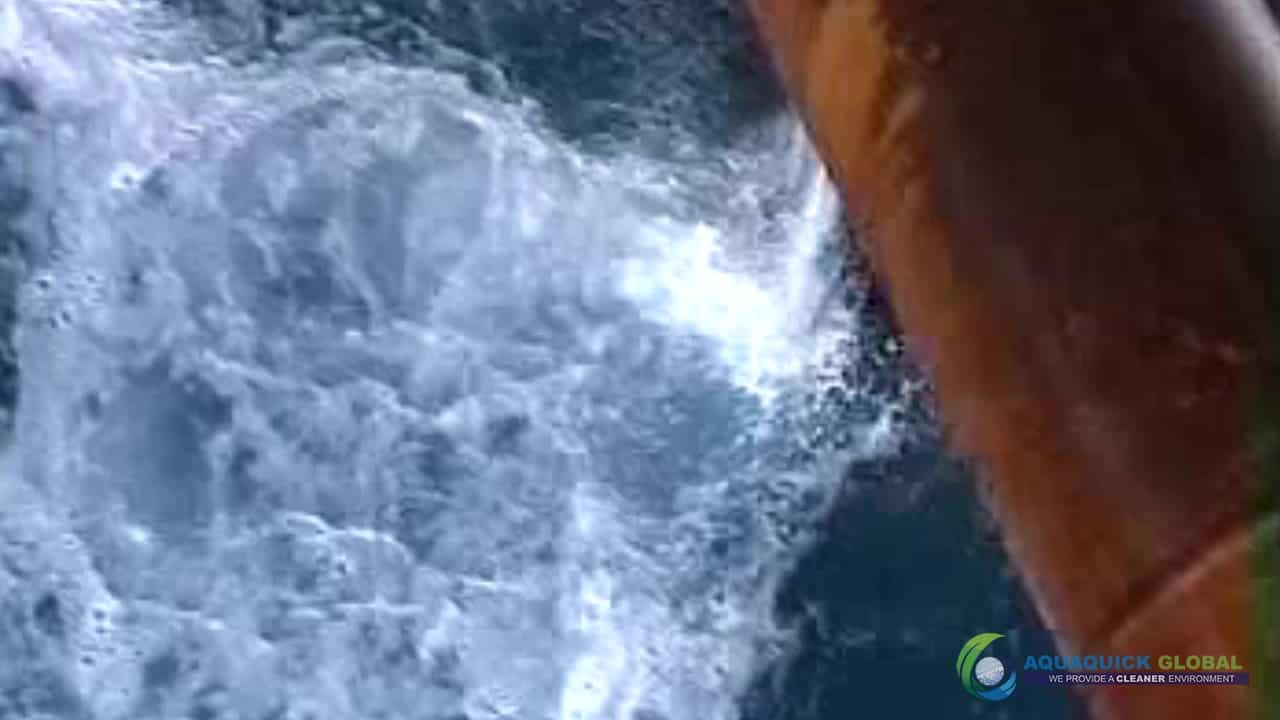
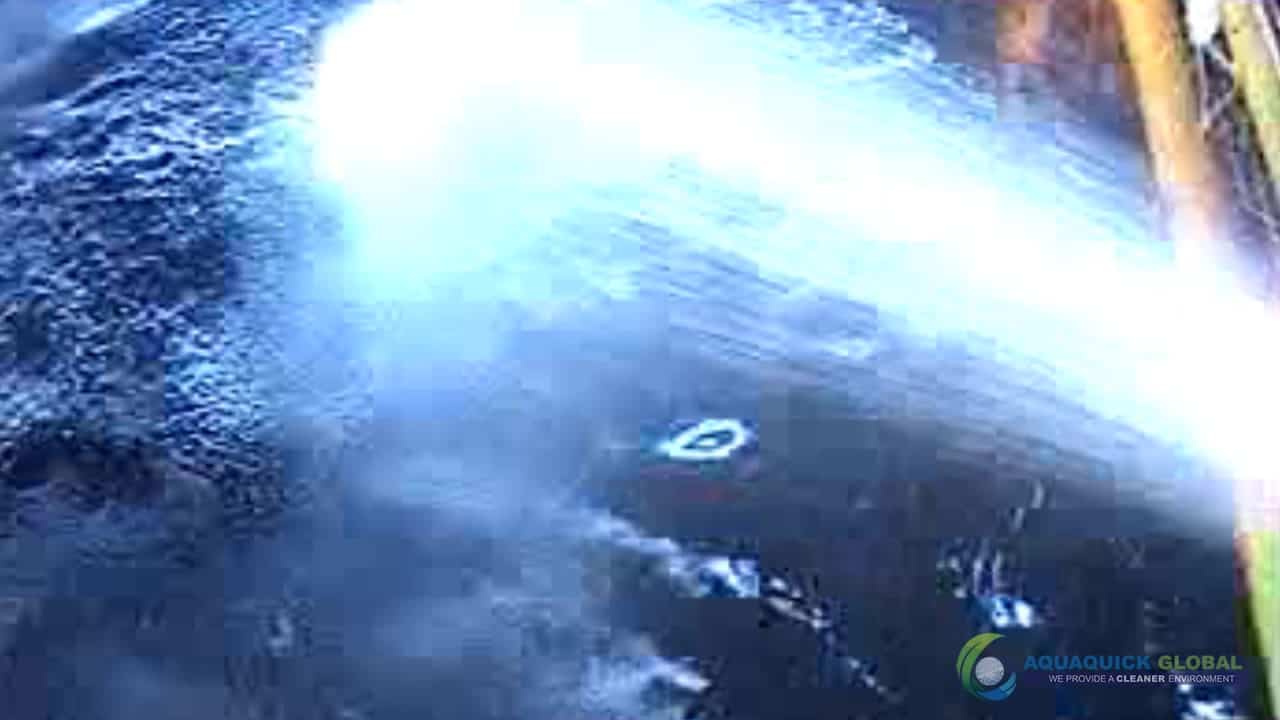
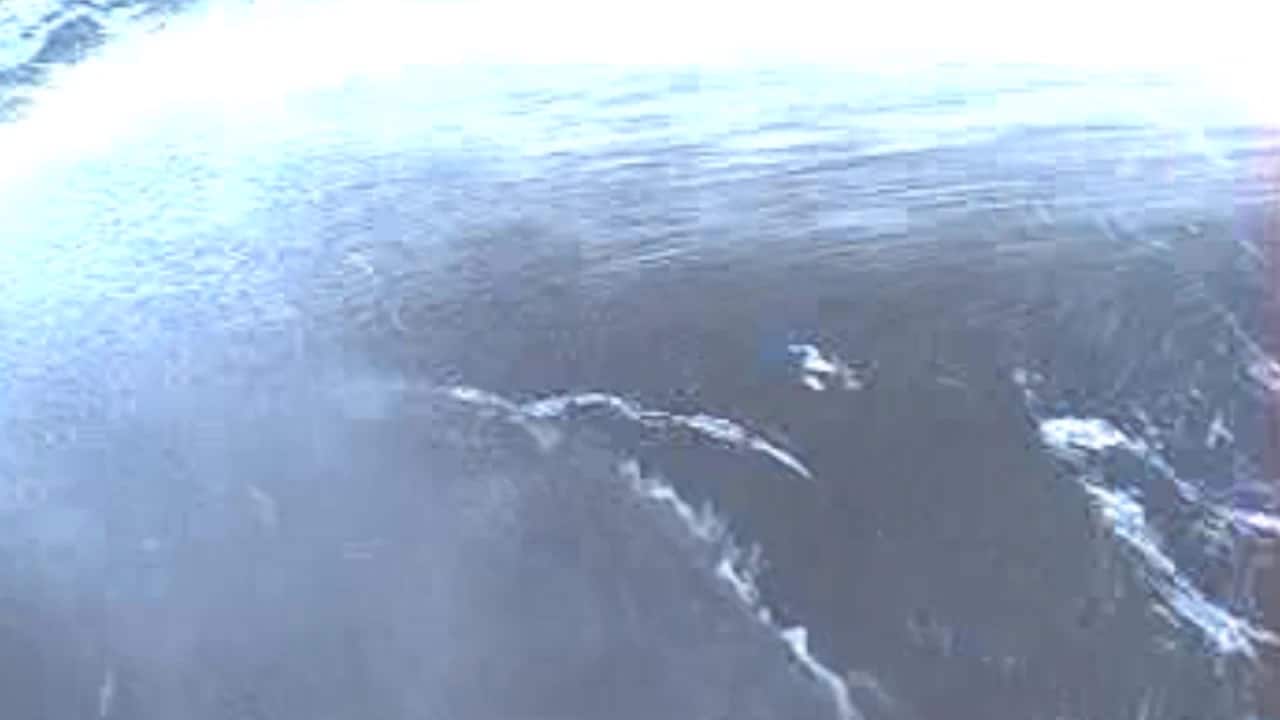
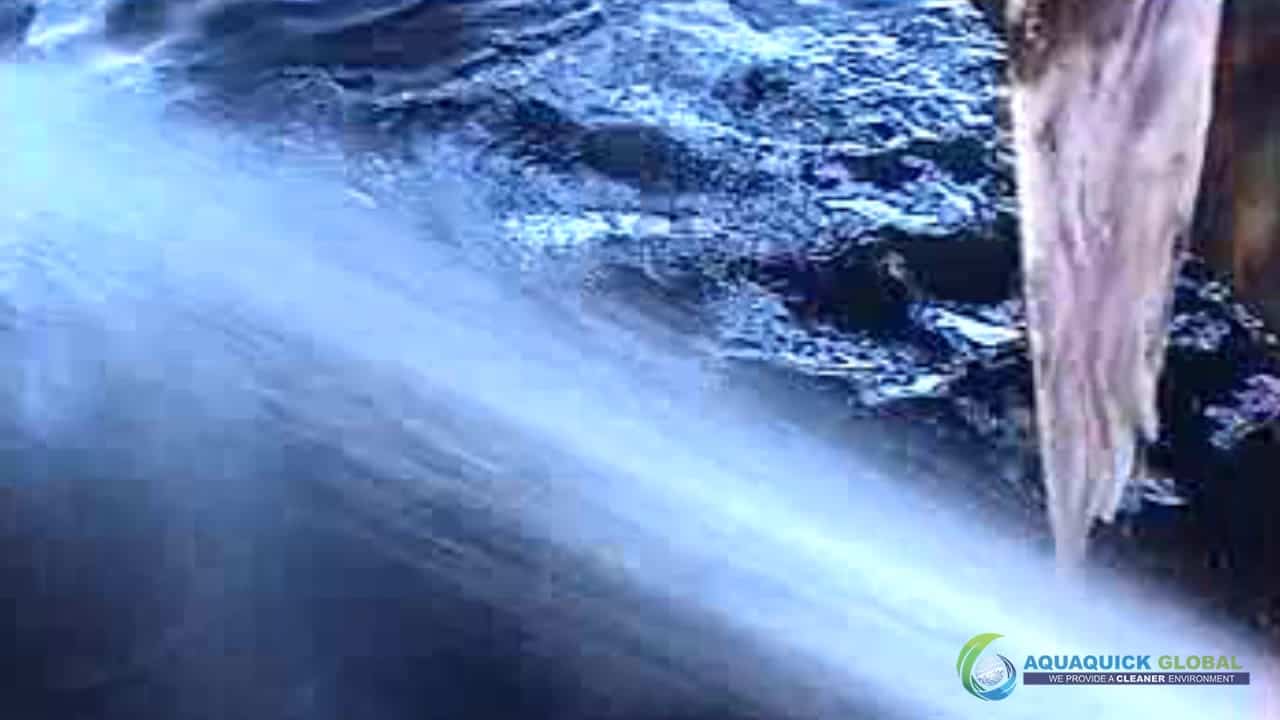

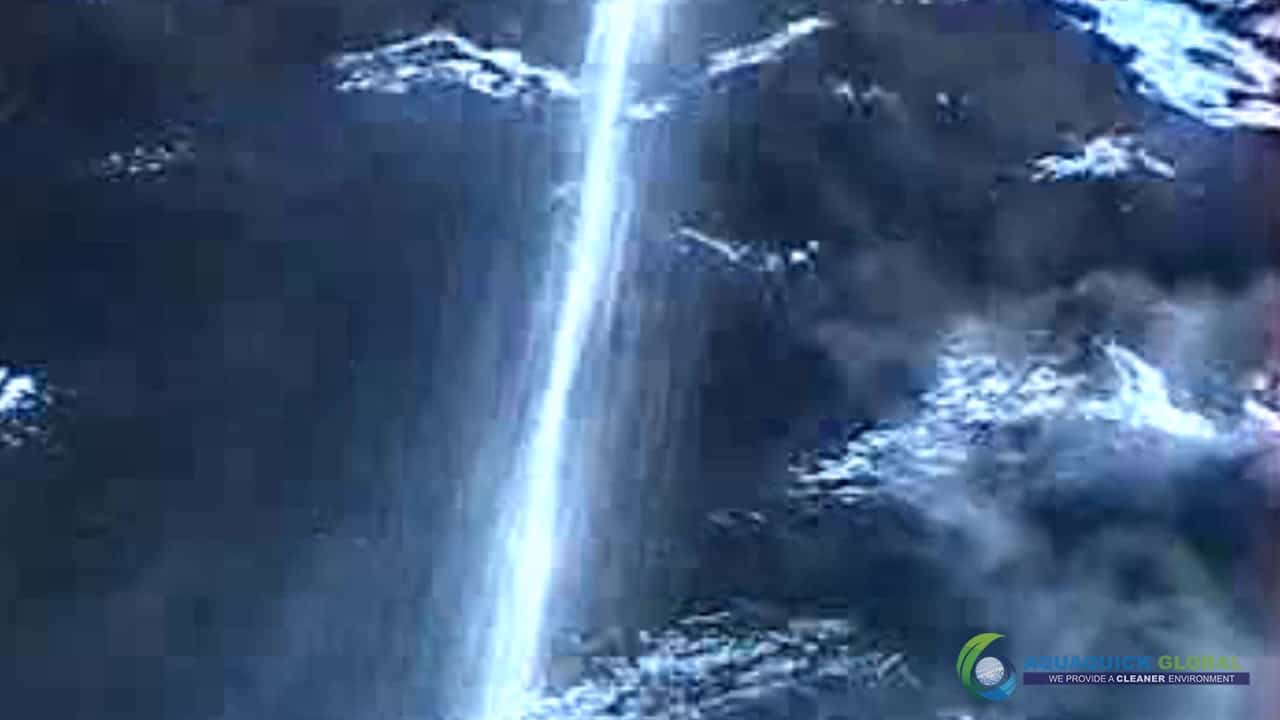
Advantages Over Conventional Methods
One of the key advantages of AQUAQUICK 2000 is its versatility. It can be used in a variety of environments, from open seas to delicate coastal areas. This adaptability makes it an invaluable tool for rapid response teams and environmental agencies worldwide. Moreover, its environmentally friendly nature means that it does not add to the pollution, unlike some chemical dispersants that can harm aquatic life and further damage the ecosystem.
Real-World Applications
The effectiveness of AQUAQUICK 2000 has been demonstrated in various real-world scenarios. From small-scale oil leaks to major oil spill incidents, AQUAQUICK 2000 has proven its worth as a reliable and efficient solution. Its ability to rapidly emulsify and break down oil not only speeds up the cleanup process but also significantly reduces the environmental impact of the spill.
AQUAQUICK 2000 is approved as a surface washing agent by Merv Fingas in 2013.
Impact on Wildlife and Marine Ecosystems
The impact of oil spills on wildlife and marine ecosystems cannot be overstated. Wildlife treatment is extremely important especially when an oil spill occurs, it poses an immediate and severe threat to a wide range of marine life, including mammals, birds, and fish. The oil can coat the feathers of seabirds, reducing their insulating abilities, and impair their flight and ability to find food. Marine mammals, such as seals and dolphins, are similarly affected; oil can damage their skin, increase their body temperature, and hinder their reproductive capabilities. Furthermore, the toxicity of the oil, combined with the chemicals traditionally used in spill cleanups, can devastate underwater habitats, leading to long-term ecological imbalances and the decline of certain species.
In this dire context, the introduction of AQUAQUICK 2000 represents a beacon of hope. Its environmentally safe formulation ensures that, while effectively tackling oil spills, it minimizes harm to the marine fauna and their habitats. By mitigating the direct contact between the oil and wildlife and by avoiding the introduction of additional toxic substances into the marine environment, AQUAQUICK 2000 plays a crucial role in preserving the delicate balance of ocean ecosystems.
The protection of marine life is not just about the preservation of individual species but also about maintaining the health of the entire oceanic ecosystem, which is vital for the planet’s overall ecological balance. AQUAQUICK 2000’s approach to handling oil spills echoes this understanding, offering a solution that respects and protects the diverse life forms that call the ocean their home.
Future of Oil Spill Management
AQUAQUICK 2000 is more than just a product; it’s part of a larger movement towards sustainable and environmentally responsible practices in managing sea spills. As the world becomes increasingly aware of the need to protect our oceans, solutions like AQUAQUICK 2000 pave the way for a safer, cleaner marine environment.
Sea Spill Battle
The battle against sea spills is a continuous one, with each incident posing unique challenges. However, with innovations like AQUAQUICK 2000, there’s a ray of hope. Its ability to efficiently and safely handle oil spills marks a significant step forward in our efforts to safeguard our oceans. As we move towards a more environmentally conscious future, AQUAQUICK 2000 stands as a beacon of progress in the fight against marine pollution.
Sea Spill Cleanup using AQUAQUICK 2000
AQUAQUICK 2000 presents a remarkable solution in the realm of environmental conservation, particularly in addressing the daunting challenge of sea spills. Its potential and benefits in this context are both significant and multifaceted. As a water-based, biodegradable solution, AQUAQUICK 2000 is engineered to combat oil spills efficiently, minimizing the long-term environmental impact often associated with such disasters. One of the primary advantages of AQUAQUICK 2000 is its versatility; it is effective on a wide range of oils, including crude oil, fuel oil, and even vegetable and animal fats, making it a universally applicable solution for various spill scenarios.
The formulation of AQUAQUICK 2000 is such that it can emulsify oil, breaking it down into smaller, more manageable particles. This process significantly accelerates the natural biodegradation of the oil, thereby rapidly reducing the environmental damage. Moreover, its non-toxic nature ensures that its application poses minimal risk to marine life, a critical concern in spill response strategies. The ease of application of AQUAQUICK 2000 is another noteworthy benefit. It can be applied using standard equipment, such as sprayers, making it a practical and accessible option for quick response in emergency situations.
Furthermore, the effectiveness of AQUAQUICK 2000 in both saltwater and freshwater environments enhances its utility. This versatility ensures that it can be used in a variety of locations, from oceanic spills to riverine or estuarine environments. Its capacity to function at varying temperatures also adds to its robustness as a spill response measure. In addition to its primary role in addressing spills, AQUAQUICK 2000 also offers preventive benefits. Its use in routine cleaning operations in marine and industrial settings can help in mitigating the risk of future spills, thus playing a pivotal role in proactive environmental protection.
In summary, the introduction and utilization of AQUAQUICK 2000 in managing sea spills represent a significant leap forward in environmental conservation efforts. Its biodegradability, efficacy across different types of oils, minimal impact on marine life, ease of application, and preventive capabilities collectively make AQUAQUICK 2000 an invaluable tool in the ongoing battle against marine pollution.
The impact of oil tanker and platform accidents on the ocean and wildlife is devastating. These accidents result in oil spills that contaminate the water, harming marine life and their habitats. However, AQUAQUICK 2000 provides an environmental-friendly and biodegradable solution to this issue. Its effectiveness in cleaning up oil spills, even at varying temperatures, makes it a robust response measure. Furthermore, its use in routine cleaning operations helps prevent future spills, making AQUAQUICK 2000 a vital tool in proactive environmental protection and the fight against marine pollution.
Its biodegradability, efficacy across different types of oils, minimal impact on marine life, ease of application, and preventive capabilities collectively make AQUAQUICK 2000 an invaluable tool in the ongoing battle against sea spill marine pollution. The devastating impact of oil tanker and platform accidents on the ocean and wildlife necessitates effective solutions. AQUAQUICK 2000 provides an environmentally-friendly and biodegradable approach to address this issue. Its ability to clean up oil spills, even at varying temperatures, makes it a robust response measure. Additionally, its use in routine cleaning operations aids in preventing future spills, highlighting AQUAQUICK 2000’s importance in proactive environmental protection and the fight against marine pollution.
AQUAQUICK 2000 is a valuable tool in combating marine pollution due to its biodegradability, efficacy with different types of oils, minimal impact on marine life, ease of application, and preventive capabilities. The devastating impact of oil tanker and platform accidents on the ocean and wildlife requires effective solutions. AQUAQUICK 2000 offers an environmentally-friendly and biodegradable approach to address this issue. Its ability to clean up oil spills, even at varying temperatures, makes it a robust response measure. Furthermore, its use in routine cleaning operations helps prevent future spills, emphasizing its importance in proactive environmental protection and the fight against marine pollution.

